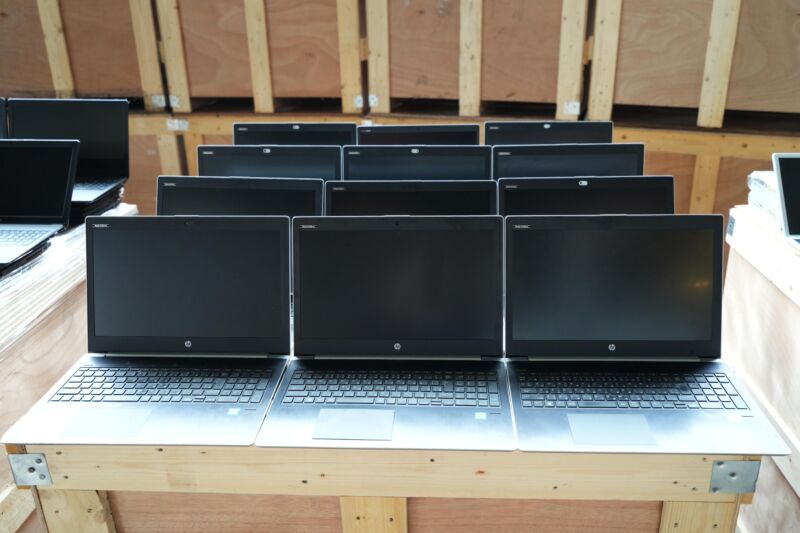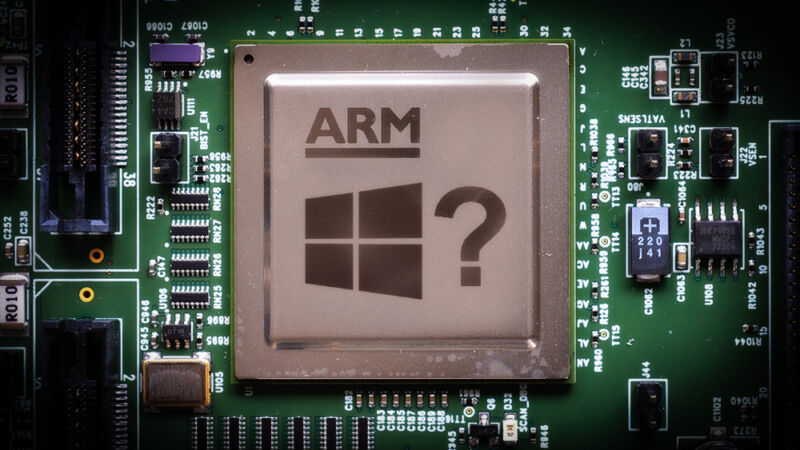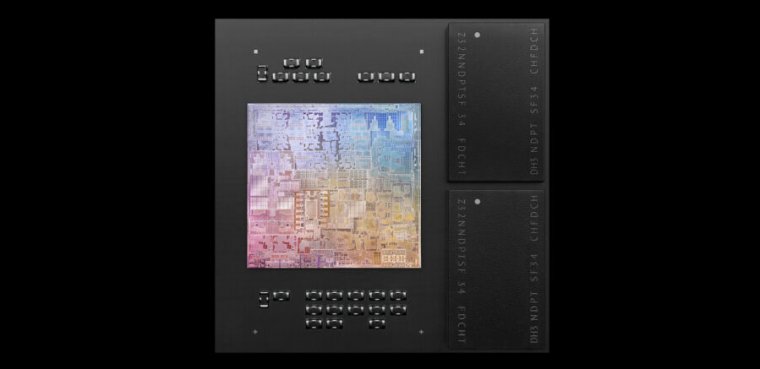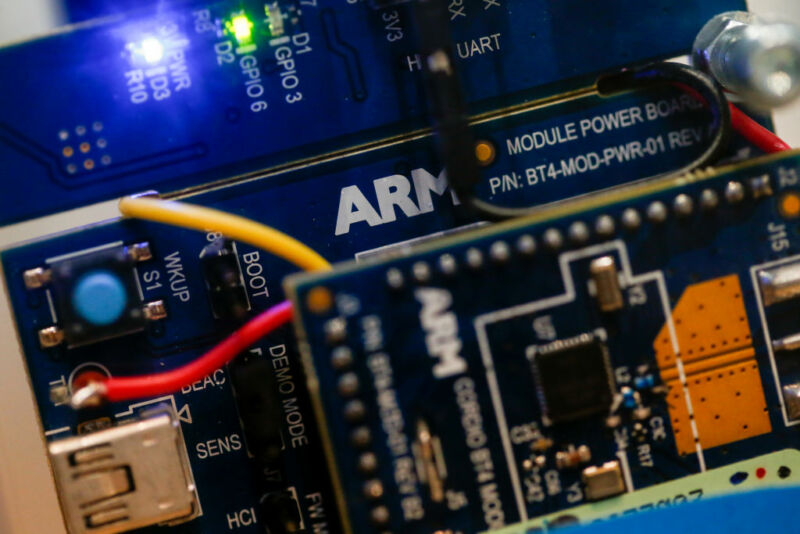-
 chevron_right
chevron_right
510K CPUs, HDDs & more seized as smugglers keep trying to sneak tech into China
news.movim.eu / ArsTechnica · Thursday, 30 March, 2023 - 22:34

Enlarge / Hong Kong customs said it seized about $3.8 million in tech, including these HP laptops, on Monday. (credit: Hong Kong Customs )
The recent chip shortage showed us how far people will go to obtain rare components and gadgets. Those who couldn't wait for new electronics battled enormous price tags, frustrating lottery systems, questionable sellers, and unreliable stock. But just as people will go to extremes to buy tech, extreme measures can be taken to sell them.
In 2023, the gray market for PC components, including CPUs, SSDs, and HDDs, and devices like phones and computers in mainland China appears thriving. Just ask the China and Hong Kong customs agents who have been announcing seizure after seizure of tech hardware, including a batch reportedly worth about $3.8 million obtained on Monday.
510,000 electronics seized
Hong Kong customs announced it seized 508,000 PC parts, including CPUs, computer hard drives, and RAM sticks, with an estimated market value of around $3.5 million. There were also 2,000 electronic devices, like laptops, phones, dash cams, and styli for touchscreens, that are estimated to be worth about $255,000.



